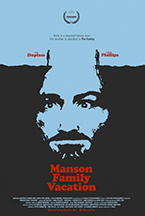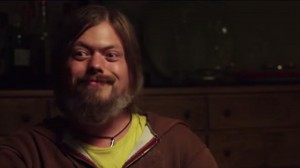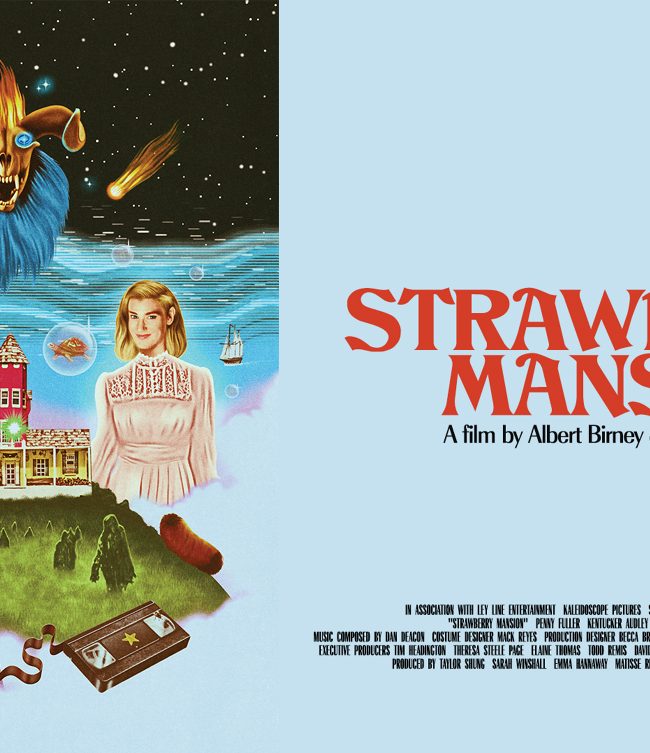
(Manson Family Vacation made it’s debut at the 2015 SXSW Film Festival and was quickly snatched up for distribution by Netflix. It drops October 27 and is recieving rave reviews so, check it out.)
Despite the National Lampoons-esque title, Manson Family Vacation is not a wacky road trip movie. Though there is a road trip, and many humorous moments, writer/director J. Davis, plays his debut film for pathos. And he pulls it off like gangbusters.
After an archival clip of Charles Manson free-styling some dance moves to demonstrate his inventiveness, the film introduces a familiar dynamic in the Duplass-verse. Nick (played by Mumblecore juggernaut, Jay Duplass), is the straight-laced family man, awaiting the short-notice arrival of his bohemian brother, Conrad (Linas Phillips, the excellent Bass Ackwards). They haven’t been in touch since Conrad skipped their father’s funeral, leaving Nick to bear the brunt of the proceedings. Davis very cleverly sets up his audience to sympathize with Nick. But, as we get to know Conrad, we begin to understand the method to his madness.
The Manson connection seems peripheral at first, but becomes increasingly integral to the story in a way that is natural and credible. Conrad purports to have spontaneously crafted a tour of the Manson murder sites around L.A. as a means of fraternal bonding before he joins an environmental group in Death Valley. However, Conrad gradually reveals ulterior motives. Though Nick is disturbed by Conrad’s enthusiasm the two conspire to con their way into one of the private homes on the tour, and Nick even takes the lead on the deception. Nevertheless, Nick remains firmly on his moral high ground. It’s not until he sees signs of actually losing his brother forever, that he really starts to listen to Conrad’s tales of familial rejection and why he feels so connected to the Manson Family.
Perhaps because of Davis’ background as an editor, he manages to pack a lot of character development into a tight script. He also explores a multitude of themes – empathy, family, acceptance, forgiveness, rebirth, and death – in a way that feels entirely fresh. Davis sprinkles it with levity and bakes it into a crisp Bloomin’ Onion of a story, slowly peeling back the layers of the brothers’ relationship and Conrad’s true purpose. Duplass and Phillips deftly wield the minute and unspoken commonalities between polar opposites who grew up in the same house. Davis also leaks back-story subtly through organic character interactions. One scene, between Conrad and Nick’s troubled son, easily could have played as an exposition dump. Instead, it speaks to their level of estrangement that the boy knows nothing of his uncle.
It’s become the status quo to uncomfortably laugh off Manson’s rants. But the archival clips Davis intersperses throughout his film accentuate the empathy that Conrad feels for him. Manson talks about having raised himself up, and attempting to create the loving family that he always wanted. That he did horrible things is never excused, but Conrad is right in insisting that there’s a person buried somewhere inside the monster. And he’s not alone in feeling this way. The internet contains numerous pockets of Manson sympathizers, highlighting the fact that he never actually took a life himself. Many of the things Manson says in these clips wouldn’t sound crazy if attributed to someone more reputable. And that’s Conrad’s point too.
– Jessica Baxter (@TehBaxter)












